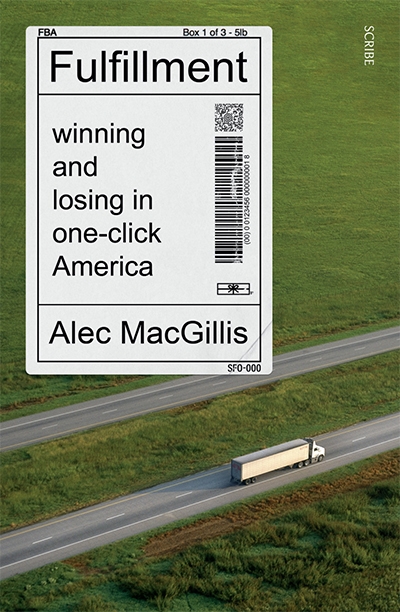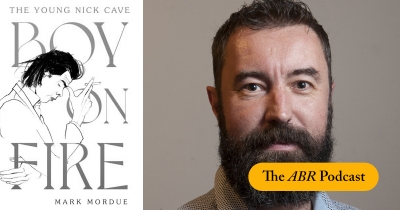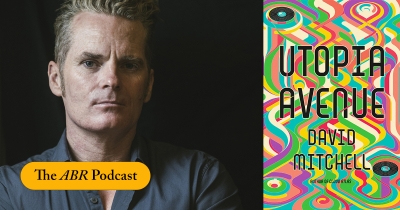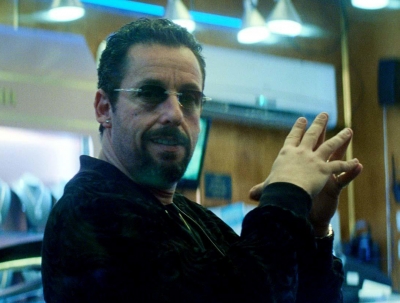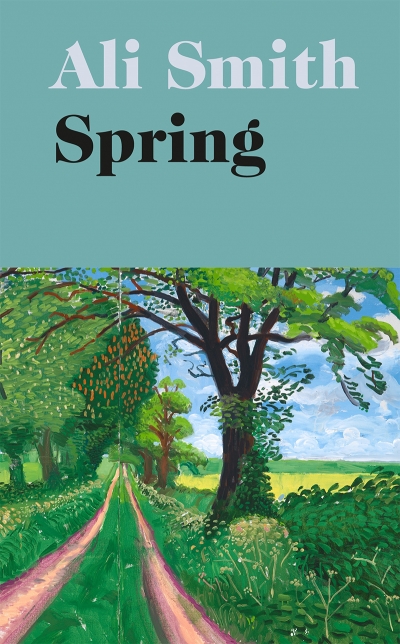Jack Callil
Sign up to From the Archive and receive a new review to your inbox every Monday. Always free to read.
Recent:
Fulfillment: Winning and losing in one-click America by Alec MacGillis
In today's episode of the ABR Podcast Tim Byrne discusses his review of Mark Mordue's new biography of Nick Cave with ABR Digital Editor Jack Callil.
Tim Byrne’s review of Boy on Fire appears in the January-February issue.
... (read more)In today's episode, Jack Callil speaks to ABR Patron's Fellow Felicity Plunkett about Ali Smith's Seasonal Quartet and her final instalment, Summer. As Plunkett writes in her October issue review, 'Smith's quartet is a work of splitting and mending, repair instead of despair.'
... (read more)In today's episode, author and critic James Bradley speaks to ABR's digital editor Jack Callil about David Mitchell's latest novel Utopia Avenue. Mitchell is perhaps best known for his 2004 work Cloud Atlas, a work of sprawling interconnected narratives. In a similar vein, Utopia Avenue traces the intricate lives of four band members during their ascent to fame during the bustle of the 1960s. Yet as James Bradley details, the book is less concerned with history or music then with its own 'metaphysical game'.
... (read more)There is something fundamentally irritating about Adam Sandler. Whether it’s his two-dimensional characters, mousey face, or nasally voice, he reminds you of that obnoxious guy whose loud voice dominates a party. He is the poster boy of puerile comedy, the SNL-alum visionary of some of the most blasphemously bad films of all time. The sheer offensiveness of his work is unignorable: the homophobia of I Now Pronounce You Chuck and Larry (2007), the racism of Don’t Mess with the Zohan (2008), the sexism of … pretty much all of it. Each film generally comprises a character arc of Sandler urinating freely, shouting petulantly, fucking wildly, and then maybe punching someone: The end.
... (read more)For anyone who has seen I, Daniel Blake (2016), the baked-beans scene is likely to be burnt upon the brain. It is a harrowing moment, one that draws attention to the brutal lives of many people who depend on the British welfare system. The film, which won the Palme d’Or at Cannes, tapped into what for many was a daily existence – and even influenced political elections. Now its director, the octogenarian auteur Ken Loach, has returned with Sorry We Missed You, a sort of thematic sequel following one working-class family’s struggle to stay afloat in the gig economy.
... (read more)Matteo Garrone likes to peel back Italy’s skin to expose what writhes beneath. The director’s earlier breakout film Gomorrah (2008), an unforgettable sprawling epic, explores the Camorrah crime syndicate from its bottom-feeding wannabes to its corrupt political élite. Reality (2013), a satirical tale of a fishmonger going to desperate lengths to ...
... (read more)

